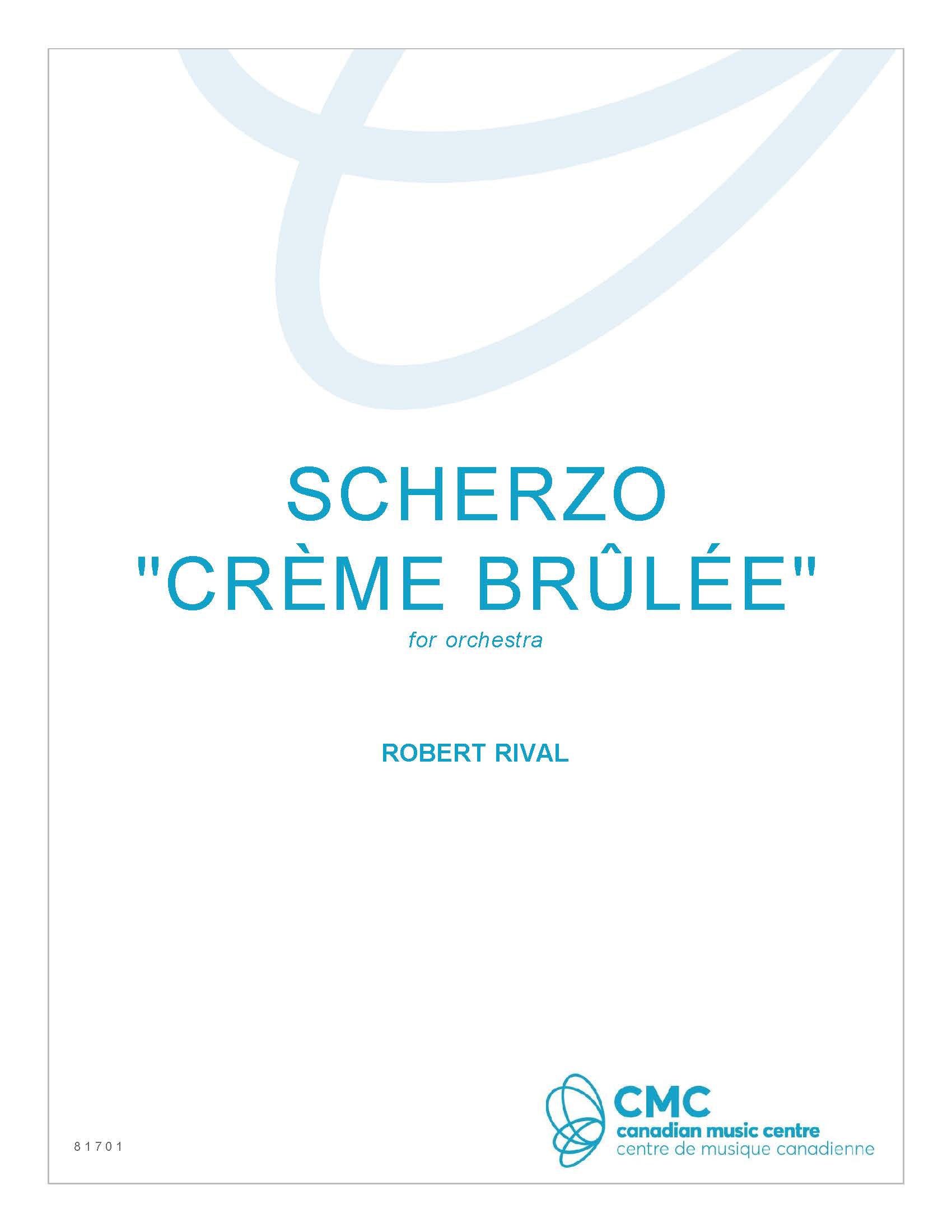Haydn was famous for his musical wit. Mozart revelled in a silly tune. Even Beethoven found time for a good musical joke. None of this undermined their reputations. But somewhere on the journey into the twentieth-century, composers lost the inclination to have fun, perhaps because striking a non-serious pose meant getting marginalized. Look at the fate of poor Poulenc, one of the century’s most delightful musical comedians.
What I offer you with this Scherzo (Italian for “joke”) is my idea of fun. The piece begins and ends with the same frenetic music. Its spiky theme, introduced by the flute, consists of a handful of notes set against a swirling accompaniment. Other little “bits” flash by like nearby trees viewed from inside a speeding train. Eventually the music collapses from utter exhaustion and a waltz takes over. The tune is familiar because … well, it’s just the Scherzo’s aggressive theme now tamed (a device I borrowed from Brahms’s Intermezzo, Op. 119, No. 2). In its new garb the melody is extended and embellished until the waltz, too, implodes. Suddenly we are transported to a street corner in a faraway place in a time long ago where a lone musician awkwardly plays a fragment of—the theme.
I originally scored Scherzo for nonet (nine instruments). A listener who heard a reading of this version remarked that the piece made him think of a dessert—tiramisu, to be exact. I like the analogy. But I think it sounds more like crème brûlée: hard and crunchy on the outside, soft and creamy on the inside.
—R.R.

